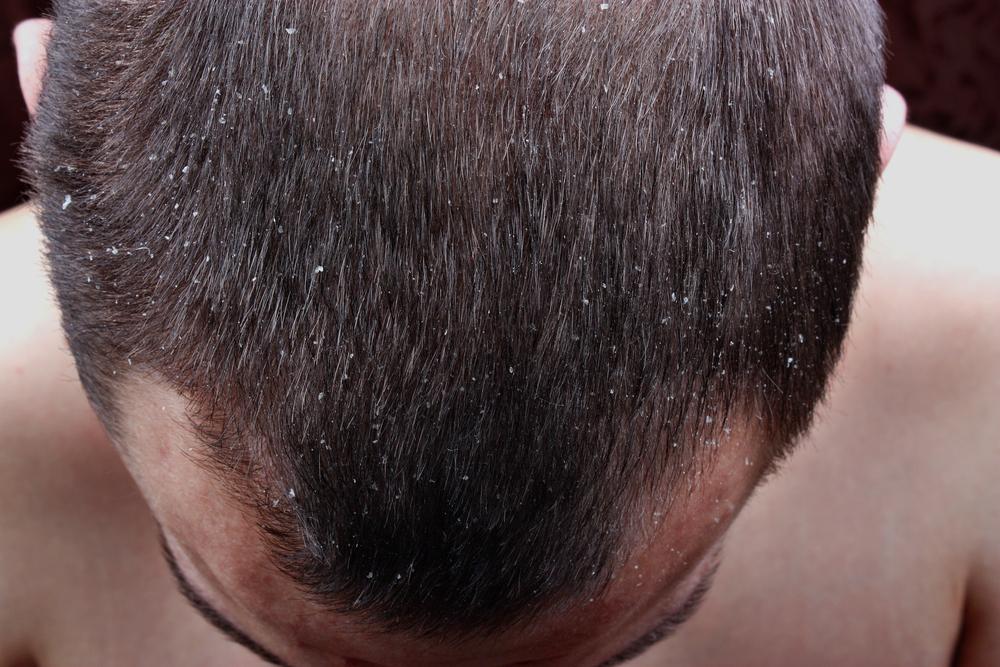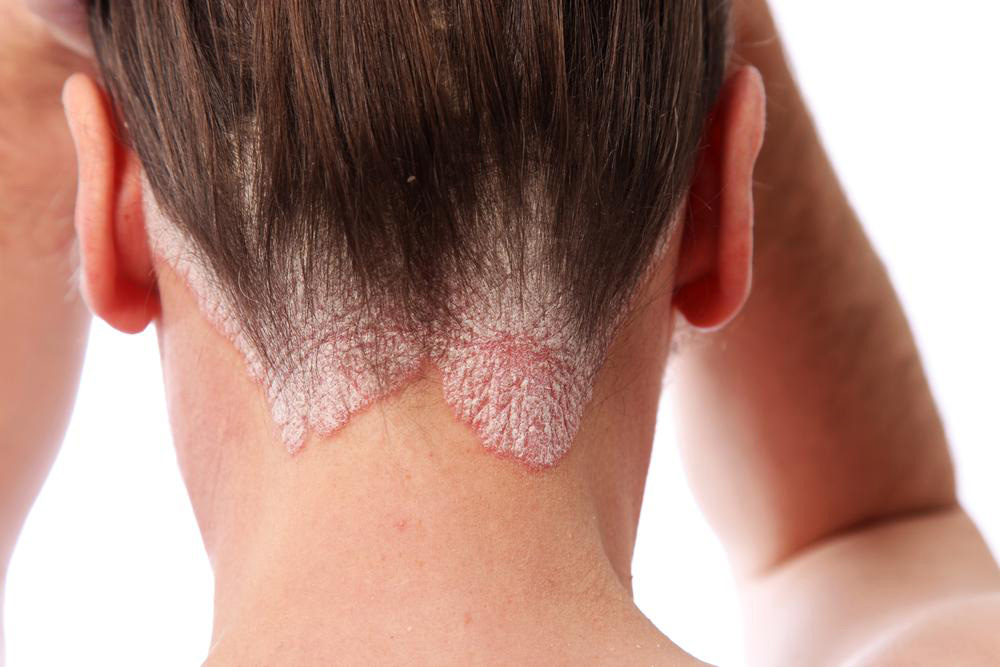A Comprehensive Guide to Recognizing and Effectively Managing Scalp Psoriasis
This comprehensive article explores scalp psoriasis, including symptoms, diagnosis, and effective management strategies. It provides valuable insights into treatment options, symptom control, and ways to improve quality of life for those affected by this common skin condition. Discover how modern medicine offers hope for better handling of scalp psoriasis and maintaining healthy skin.

Recognizing and Effectively Managing Scalp Psoriasis: An In-Depth Guide
In today's rapidly advancing medical landscape, increasing awareness about various health conditions has become essential for early diagnosis and effective management. Diseases that were once misunderstood or dismissed as minor issues are now well-studied and manageable thanks to ongoing scientific progress. Among these conditions, psoriasis stands out as a prevalent chronic skin disorder that affects millions of people around the globe. Understanding its nature, symptoms, and treatment options is crucial for those impacted, as well as for healthcare providers aiming to improve patient quality of life.
Psoriasis manifests in various forms, but the most common type affecting the scalp is especially challenging due to its location and skin environment. The initial signs of scalp psoriasis often resemble common dandruff, leading many individuals to ignore or misinterpret the symptoms. These early indicators include persistent itching, flaking, and dry patches that gradually become more prominent. As the condition progresses, affected areas may thicken, turn red, and develop silvery scales. The scalp's unique environment—dry, warm, and often exposed—creates favorable conditions for scaling and inflammation, which worsens over time if left untreated.
Severe cases of scalp psoriasis can lead to more complex health issues, including hair loss, discomfort, and emotional distress such as depression and anxiety. The patchy nature of hair loss in severe conditions is often reversible, as hair tends to grow back once skin inflammation subsides. Often, individuals experience episodes of hair thinning or bald patches, which may cause concern but are usually temporary. It is essential to distinguish scalp psoriasis from other hair and scalp conditions like seborrheic dermatitis or fungal infections, as treatment approaches differ significantly. Proper diagnosis commonly involves clinical examination, and in some cases, skin biopsy to confirm psoriasis and exclude other disorders.
Managing scalp psoriasis requires a multifaceted approach. Topical treatments are the cornerstone of controlling symptoms, with medicated shampoos being the first line of defense. These shampoos often contain active ingredients like salicylic acid, coal tar, corticosteroids, or immune-modulating agents that help reduce inflammation, scaling, and itching. Regular use of these products can significantly improve skin condition, providing relief and improving scalp health.
In addition to medicated shampoos, other topical formulations such as ointments, creams, gels, and foams are used to deliver targeted medication directly to affected skin. These treatments often contain corticosteroids to reduce inflammation and slow skin cell turnover. For persistent or severe cases, physicians may prescribe systemic therapies, including biologic drugs or oral medications, to control the underlying immune response causing psoriasis. These advanced treatments can be highly effective but require careful monitoring due to potential side effects.
The goal of therapy is to manage symptoms effectively and improve quality of life. Regular dermatologist consultations are essential to tailor treatment plans based on individual severity and response. Patients are also advised to adopt scalp care routines that prevent dryness and irritation, such as using gentle shampoos, avoiding harsh chemicals, and maintaining scalp hydration. Lifestyle modifications, stress management, and a healthy diet may also contribute to better disease control.
While there is currently no permanent cure for psoriasis, with proper management, the symptoms of scalp psoriasis can be controlled, significantly reducing discomfort and improving appearance. Advances in research continue to bring new hope for more effective treatments in the future. If you suspect you have scalp psoriasis or are experiencing persistent scalp issues, consulting a healthcare professional early can help prevent complications and lead to more successful management of the condition.





